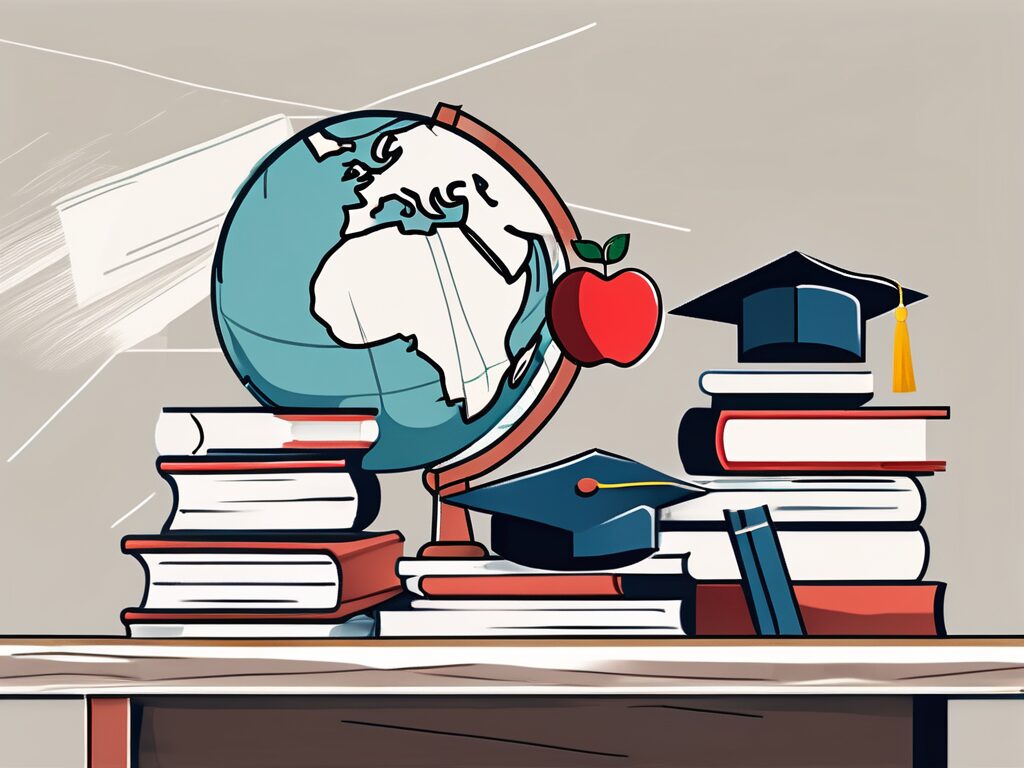html
Overcoming Cultural Barriers: 5 Strategies for Educators in Dubai
In the vibrant and diverse city of Dubai, educators face unique challenges that stem from the rich tapestry of cultures represented in their classrooms. As the UAE continues to attract expatriates from around the globe, the need for effective strategies to overcome cultural barriers has never been more critical. This blog post aims to provide educators with five actionable strategies to foster an inclusive learning environment that respects and celebrates cultural diversity. By implementing these strategies, teachers can enhance student engagement, improve academic outcomes, and create a harmonious classroom atmosphere.
Understanding Cultural Barriers in Education
Cultural barriers in education can manifest in various ways, including language differences, varying educational backgrounds, and differing social norms. These barriers can hinder communication, create misunderstandings, and ultimately affect students’ learning experiences. According to a study by the UNESCO, culturally responsive teaching can significantly improve student engagement and academic performance. Therefore, it is essential for educators in Dubai to develop strategies that address these barriers head-on.
1. Embrace Cultural Awareness and Sensitivity
The first step in overcoming cultural barriers is to cultivate cultural awareness and sensitivity among educators and students alike. This involves understanding the diverse backgrounds of students and acknowledging the unique perspectives they bring to the classroom. Educators can achieve this by:
- Participating in cultural competency training programs.
- Encouraging open discussions about cultural differences.
- Incorporating multicultural education into the curriculum.
For instance, a teacher might introduce literature from various cultures, allowing students to explore different viewpoints and experiences. This not only enriches the learning experience but also fosters respect and understanding among peers.
2. Foster an Inclusive Classroom Environment
Creating an inclusive classroom environment is crucial for overcoming cultural barriers. This can be achieved by:
- Establishing ground rules that promote respect and inclusivity.
- Utilising diverse teaching materials that reflect the cultural backgrounds of all students.
- Encouraging collaborative learning through group projects that celebrate diversity.
For example, a group project could involve students researching and presenting on different cultural festivals celebrated in Dubai. This not only enhances teamwork but also allows students to learn from one another’s experiences.
3. Implement Differentiated Instruction
Recognising that students have varied learning styles and cultural backgrounds is essential for effective teaching. Differentiated instruction allows educators to tailor their teaching methods to meet the diverse needs of their students. Strategies include:
- Offering multiple ways for students to demonstrate their understanding, such as through presentations, written assignments, or creative projects.
- Utilising technology to provide personalised learning experiences.
- Providing additional support for students who may struggle with language barriers.
Research from the Edutopia highlights that differentiated instruction can lead to improved student engagement and achievement, particularly in culturally diverse classrooms.
4. Encourage Parental Involvement
Engaging parents in the educational process is vital for overcoming cultural barriers. Educators can foster parental involvement by:
- Organising multicultural events that celebrate the diverse backgrounds of students.
- Providing translation services for non-English speaking parents.
- Creating a welcoming environment for parents to share their cultural traditions and values.
For instance, hosting a cultural day where parents can showcase their heritage through food, music, and art can strengthen the school community and promote understanding among families.
5. Continuous Professional Development
Finally, educators must commit to continuous professional development to stay informed about best practices for teaching in a multicultural environment. This can include:
- Attending workshops and conferences focused on cultural competency.
- Joining professional networks that promote diversity in education.
- Engaging in reflective practice to assess and improve their teaching methods.
By investing in their professional growth, educators can better equip themselves to address the challenges posed by cultural barriers and create a more inclusive learning environment.
Conclusion
Overcoming cultural barriers in education is essential for fostering an inclusive and effective learning environment in Dubai. By embracing cultural awareness, fostering inclusivity, implementing differentiated instruction, encouraging parental involvement, and committing to continuous professional development, educators can create a classroom atmosphere that respects and celebrates diversity. These strategies not only enhance student engagement but also prepare students for success in an increasingly globalised world.
Empower Your Teaching Career with IPGCE
As we strive for a more inclusive education system in Malaysia, the role of qualified and well-trained educators becomes increasingly crucial. IPGCE is dedicated to supporting teachers in their professional journey, offering the International Postgraduate Certificate in Education (iPGCE) to enhance qualifications and open doors to international teaching opportunities. With our program, you can expect a significant increase in interview callbacks, promotion rates, and salary. Plus, you’ll join a global network of educators, gain a deeper understanding of international curricula, and enjoy the flexibility of online study. Don’t let inadequate credentials or isolation hold you back. Join the UK’s #1 Teacher Training Course today and take a decisive step towards a fulfilling career in inclusive education.
For more insights on enhancing your teaching skills, check out our articles on Cultural Competency in Education and Inclusive Teaching Strategies.
Connect with us on LinkedIn to stay updated and network with fellow educators!

